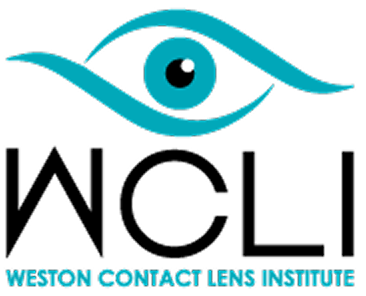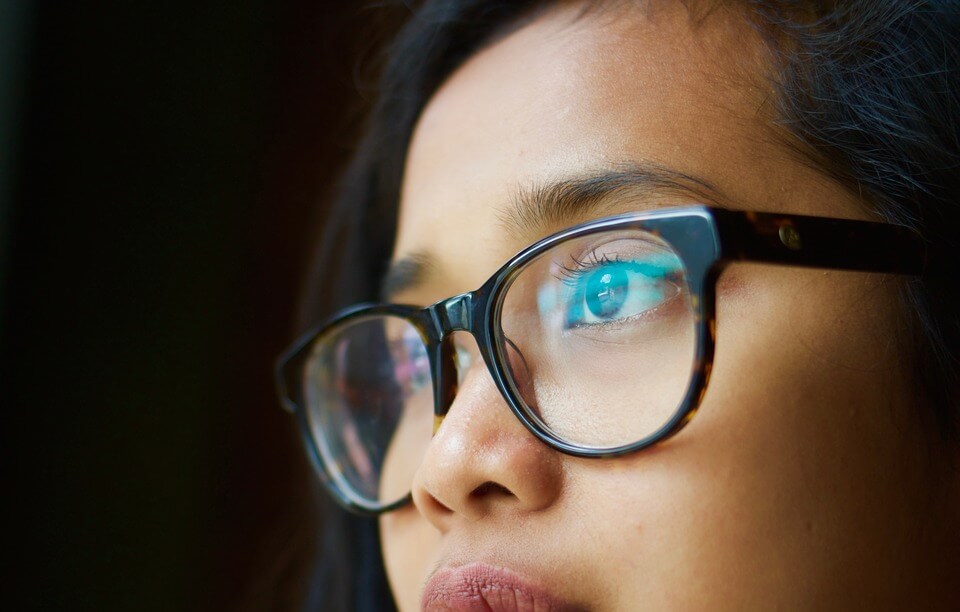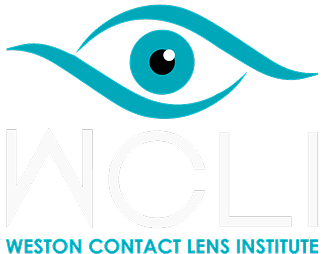Myopia, more commonly known as nearsightedness, is one of the most common vision problems in the world—especially among people under the age of 40. Myopia allows you to be able to see objects nearby with clarity—words on the page of a book, for instance—but will cause difficulty in seeing clearly across further distances. If you are myopic or nearsighted, you might have trouble reading road signs from far away, or difficulty reading from a whiteboard or projector screen from the back of a room. Alarmingly, myopia is becoming even more common: in the year 2000, most studies indicated that the condition only affected about 25 percent of the global population. Today, most experts predict that half the people in the world will be myopic by 2050.
Children Dealing with Myopia
If you suspect that you or your child is dealing with myopia, your first step should be to consult an eye doctor. Especially for children, it’s essential to address myopia symptoms sooner rather than later to ensure adequate performance in school and extra-curricular activities. While myopia will typically stabilize at some point in adulthood, it can progress rapidly and alarmingly in children. Myopia progression is not unheard of in adults, but it is far more common for kids. Unsurprisingly, parents everywhere are eager to know if there are ways to slow the progression nearsightedness in their children—if not correct the condition entirely. The good news is that there are a few options available to slow myopia progression. Given how common the condition is, eye doctors and vision professionals across the industry have spent years searching for solutions that correct vision while maximizing patient comfort and quality of life.
What are my Options for Treating Myopia?
The most traditional option available, of course, is glasses. There are eyeglass prescriptions that can correct distance vision for situations where the patient needs to be able to discern far away objects. Although glasses can correct vision, they do not slow down the progression of myopia. Orthokeratology lenses (or ortho-K lenses) are growing in popularity as a myopia treatment and prevention. Ortho-K lenses are worn at night, during sleep, and gently reshape the cornea. When the patient wakes up in the morning, he or she can remove the lenses and enjoy clear, myopia-free vision throughout the entire day. Because of the different curvature zones in these lenses, they safely and effectively also slow down myopia progression in children. At Weston Contact Lens Institute, we are experienced in fitting and prescribing ortho-K lenses for patients with myopia and other refractive errors. We also offer several other treatments for treating myopia or slowing its progression. These methods include multifocal soft contact lenses (which have different vision correction “zones” that help slow myopia by essentially “tricking the eye”) and atropine eyedrops (a medicinal treatment that helps relax the eye to refocus light onto the retina, thus slowing myopia). Whether you are seeking advice for yourself or your child, you can contact us today to schedule a consultation with our team.






